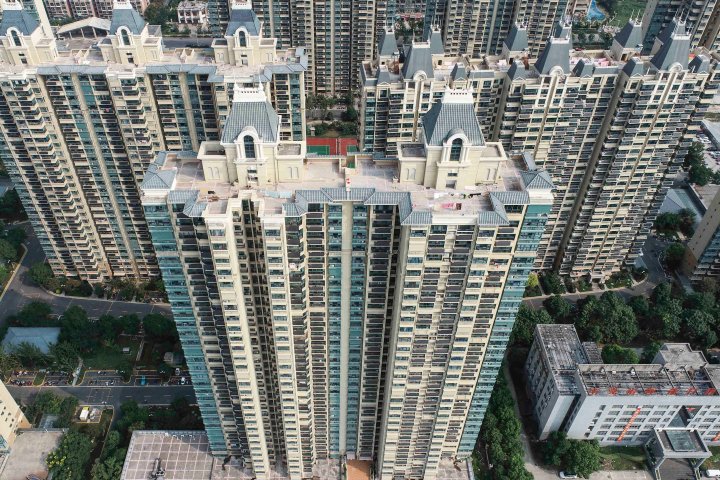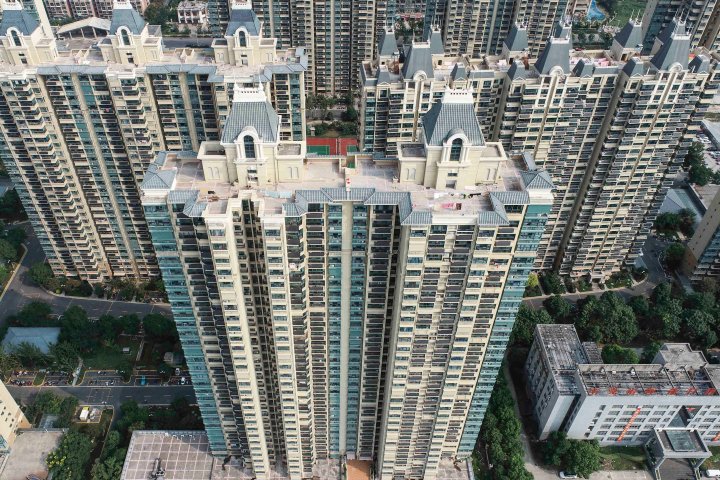[ad_1]

China Evergrande Group has missed a dollar bond interest payment deadline, moving closer to a potential default and fuelling worries about a collapse that could send shockwaves through China’s economy and beyond.
Chairman Hui Ka Yan founded Evergrande in Guangzhou in 1996. It is China’s second-largest property developer with US$110 billion in sales last year, US$355 billion in assets, and over 1,300 developments nationwide. It listed in Hong Kong in 2009.
Evergrande grew rapidly through a loan-supported land-buying spree and selling apartments quickly at low margins. It has 200,000 staff and hires 3.8 million annually for developments.
Slowing growth has seen it branch into businesses such as insurance, bottled water, football and electric vehicles (EVs).
In September last year, a leaked letter showed Evergrande pleading for government support to approve a now-dropped backdoor stock market listing. Sources told Reuters the letter was authentic; Evergrande called it fake.
In June, Evergrande said it did not pay some commercial paper on time, and in July a court froze a US$20 million bank deposit held by the firm at the bank’s request.
The firm in late August said construction at some of its developments had halted due to missed payments to contractors and suppliers. Sources have told Reuters that it also missed payments to bank and trust loans in the past few weeks.
Liabilities, including payables, total 1.97 trillion yuan (US$306.3 billion) – about two per cent of China’s gross domestic product.
Evergrande accelerated efforts to cut debt last year after regulators introduced caps on three debt ratios, dubbed the “three red lines”. It aims to meet requirements by 2022-end.
It offered steep discounts on residential developments to spur sales and sold the bulk of its commercial properties. Since the second half of 2020, it has had a US$555 million secondary share sale, raised US$1.8 billion by listing its property management unit, and saw its EV unit sell a US$3.4 billion stake.
On Sept. 14, it said asset and equity disposal plans had failed to make material progress.
The central bank in 2018 said companies including Evergrande might pose systemic risk to China’s financial system.
[ad_2]
Source link
Dear readers, we really need your support to keep on serving you with authoritative, truthful, and juicy stories everyday. For your support, please reach out to the editor @gavelinternational66@gmail.com

